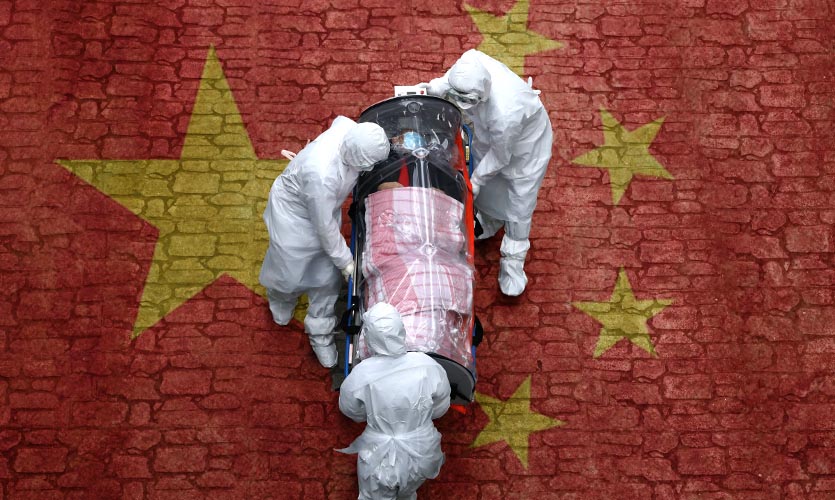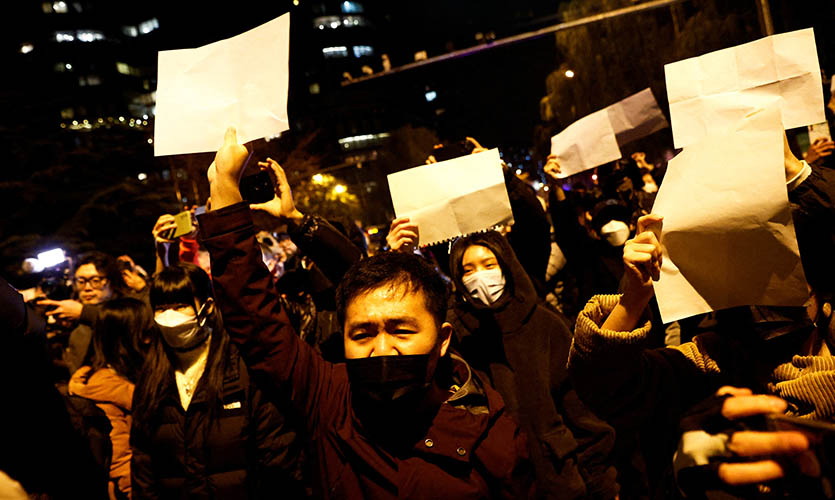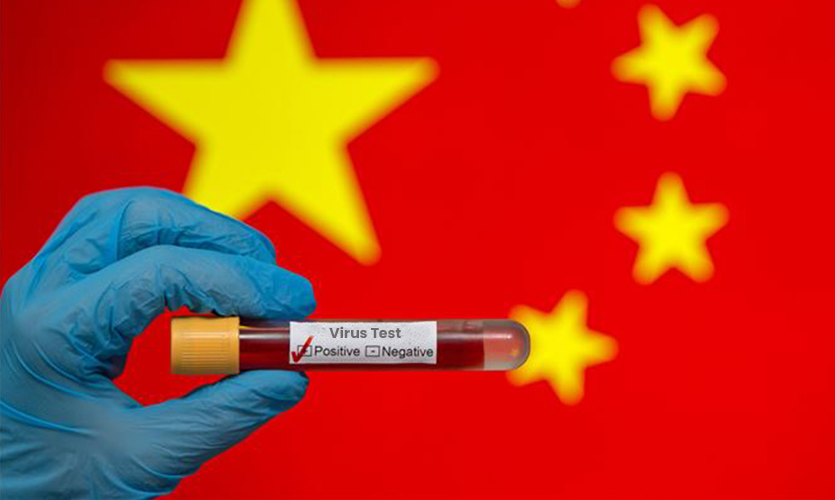The UK-based drug firm AstraZeneca has served a legal notice to vaccine manufacturer Serum Institute of India (SII) over delay in delivery of the COVID-19 vaccines.
This comes in after the Serum Institute failed to deliver vaccines to the United Kingdom and various other nations that are a part of the UN-backed Covax program that aims to distribute vaccines equitably in the world. The delay was caused due to the rise in the number of Coronavirus cases in India and the Centre’s decision to halt the export of the vaccines to meet the domestic needs. The setback is of as many as 90 million doses which are to be shipped globally.
The domestic demand has also seen a jump recently after the Centre broadened its immunisation drive and opened up for the age group of 45-years-plus from April 1.
CEO Adar Poonawalla, whose company is the world’s largest vaccine maker, also said that the government is aware of the situation and is currently evaluating what can be done to resolve the issue.
“SII will be able to restart exports by June if new infections subside in India since the company has “chosen to prioritise India temporarily for two months”, Poonawalla added. He also mentioned that he fears what the company will do and what will happen if the surge in infections in the country doesn’t subside.
The Pune-based company is manufacturing the vaccine developed by AstraZeneca which is popularly sold as Covidshield. It is also the key supplier of the Covax programme. Serum has so far supplied around 100 million doses to the Centre, while it has exported 60 million doses.
According to Poonawalla, Serum Institute produces between 60 and 65 million vaccine doses per month and needs Rs. 3,000 crore to be able to scale up production by June. He also informed that India needs other manufacturers to help enhance production as per the current requirements.
India, on Sunday, reported over 2.61 lakh fresh infections, the biggest single-day spike since the pandemic began, taking the nationwide tally to over 1.47 crore.
The outbreak has been traced mostly to mutant strains of the virus and a lack of adherence to coronavirus-related procedures among the general public.










